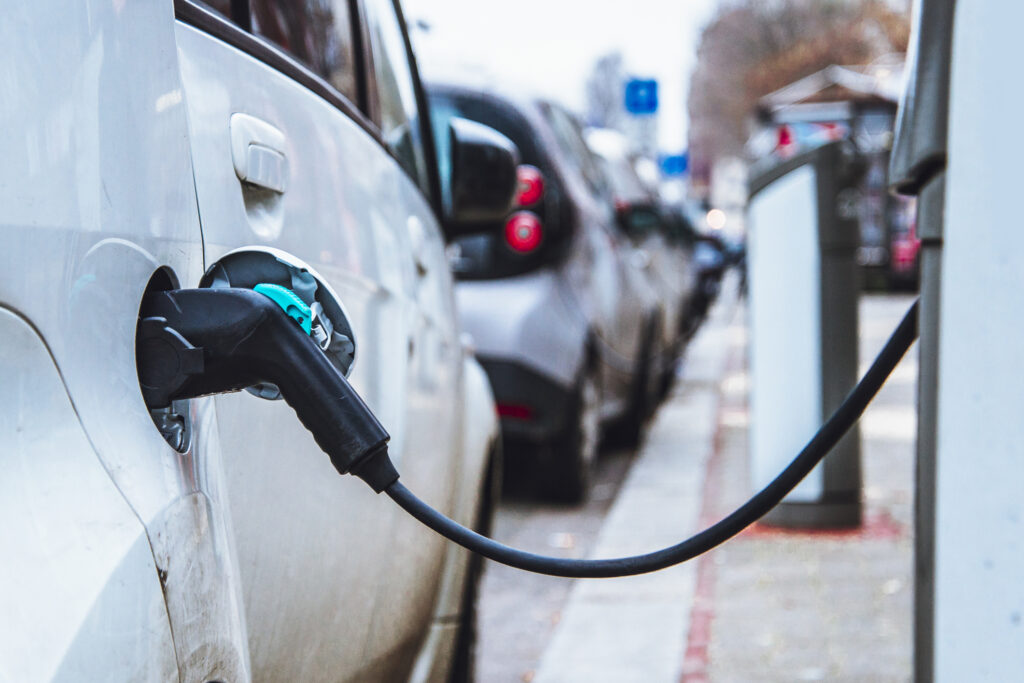A national electric vehicle (EV) infrastructure plan should be implemented to fill the “big strategic gap” in the UK’s approach to funding the installation of charge points.
That is the view of Rafael Cuestra, head of innovation at Transport for Greater Manchester, who criticised the current funding strategy of government during a panel on local authority EV initiatives held at last week’s Solar & Storage Live event in Birmingham.
Discussing the current approach which sees local authorities and regional bodies compete for access to grant funding from the government, Cuestra said: “I think there’s a big strategic gap in the way the UK is doing this.
“I think we’re still playing at it, still learning [but] there should be a national EV infrastructure plan. The strategy seems to be us all competing to beat each other to win a grant here or there. There must be a better way of doing this and I do think a national infrastructure strategy should apply.”
Cuestra was referring to the Go Ultra Low Cities scheme, a £40 million government-backed competition which last year awarded funds to Nottingham, Bristol, Milton Keynes and London as well as a few other smaller locations.
This has allowed these locations to plough ahead with EV charging plans, with both Nottingham and Milton Keynes awarded significant contracts to increase EV charging infrastructure, while Oxford is preparing to carry out a charging pilot of ‘global scientific significance’.
Manchester however did not secure grant money, with Cuestra claiming the UK’s mega cities – with the exception of London which won £13 million – had lost out and could therefore not address the higher congestion issues in comparison to “very small cities”.
These he said have done “excellent work” but do not see as high a number of vehicles compared to larger locations in greater need of funding.
Cuestra was backed by electric vehicle specialist Colin Herron, managing director of Zero Carbon Futures, who said: “I think cities should be able to do what they want in their car parks etc. but if you want a national network of high powered chargers you need a national plan.”
The idea of a national EV infrastructure plan was also supported by Mike O’Hare, senior development manager at National Grid Ventures, who said such a plan would be “extremely valuable and necessary”.
O’Hare went on to discuss the roles of both government and the regulator Ofgem, which he said “play quite a key role in what the energy market participants can do” and could be holding back progress owing to their views on the energy system.
“They are looking to move towards regulation models and governance models for the future that are more relevant for the future energy system. But I think they are still set up for how the energy system was ten years ago and that may not necessarily help deploy all of the infrastructure and technologies we need to meet what we want for electric vehicle charging.
“So I do think there’s something they could do there around the problems they are trying to solve,” he said.





